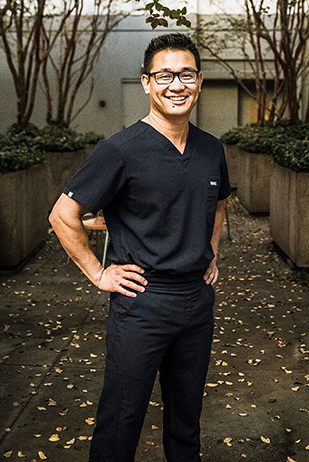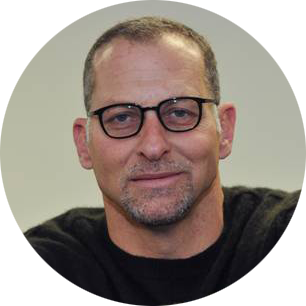March 7, 2013
“Drunk Indians” Is Not Funny; Addiction Experts Speak Up
“‘A furnace full of drunk Indians’ – that’s how a character on the CBS sitcom Mike & Molly characterized Arizona and the first inhabitants of our land,” says Richard Taite.
Celebrity doctors with television deals and cavalier Hollywood writers for sitcoms have done serious damage with their remarks about addiction and treating addicts in public view for ratings and money, according to Richard Taite, a recognized leader in the recovery community, the author of a new book on addiction (“Ending Addiction for Good: The Groundbreaking, Holistic, Evidence-Based Way to Transform Your Life”) and the co-founder and CEO of Cliffside Malibu, a leading treatment center in Los Angeles.
The premise of “Celebrity Rehab with Dr. Drew” is a prime example of questionable medicine according to Taite, who has come out strongly against Dr. Drew Pinsky’s attempts to help addicted stars achieve sobriety.
Mr. Taite refutes Dr. Drew’s claim made yesterday on Dr. Oz’s television show that treating addicts (celebrity or otherwise) on a TV show does not impact in anyway the outcome or quality of their treatment. Mr. Taite believes Dr. Oz’s viewing public deserves an educated second opinion to what appears to be Dr. Drew’s contention that flies in the face of all medically accepted practices in the treatment of substance abuse.
“Please keep in mind that this honest difference of opinion is not in any way directed to Dr. Drew personally, but rather at his brand of reality-show-cum-addiction treatment,” says Mr. Taite.
In question, here, is whether the pursuit of profit has superseded the genuine interest of the patient. Mr. Taite has labeled this kind of TV as “addictainment.”
Adding further fuel to this fire is the sitcom “Mike & Molly” on CBS.
“‘A furnace full of drunk Indians’ – that’s how a character on the CBS sitcom Mike & Molly characterized Arizona and the first inhabitants of our land,” says Richard Taite.
“Not only is such a characterization insensitive and blatantly racist, but it also stigmatizes a whole group of individuals and helps keep them out of treatment. Such offhanded remarks are more than hurtful; they identify all Native Americans as poor, addicted and on the fringes of society. For someone who wants help overcoming addiction and may have little access to the best recovery methods, these kinds of statements can further demoralize them, keeping those in need from help.”
Mr. Taite adds, “There are twenty-one federally recognized Native American tribes in Arizona alone. Native Americans suffer higher rates of poverty, suicide and addiction than the average population, yet too many do not have adequate access to top-notch care.”
“This leaves the entire population vulnerable,” says Constance Scharff, PhD, Addiction Researcher for Cliffside Malibu. “The devastation of addiction on individual lives is compounded by abuse and neglect often suffered by children at the hands of those who are addicted. It is both insensitive and reprehensible to ridicule a group suffering these kinds of social problems.”
Taite continues, “It seems there is a culture in our media that seeks to ridicule or exploit addicts. In a time when reality shows like Celebrity Rehab are plagued by horrific death rates among former cast members and shows like Mike & Molly ridicule those in need of help – we must suggest a reckoning with regard to how addicts are portrayed on television. With accidental overdoses of prescription drugs alone reaching epidemic levels, these ‘jokes’ simply are not funny.”



